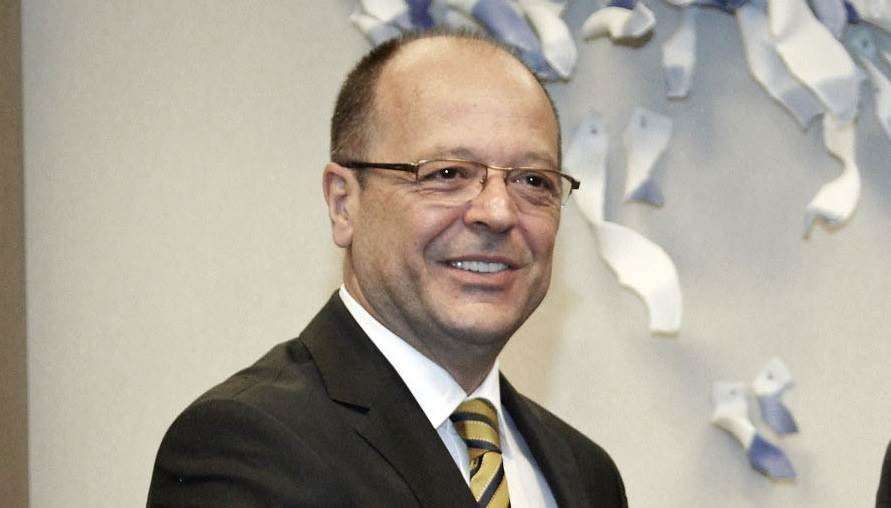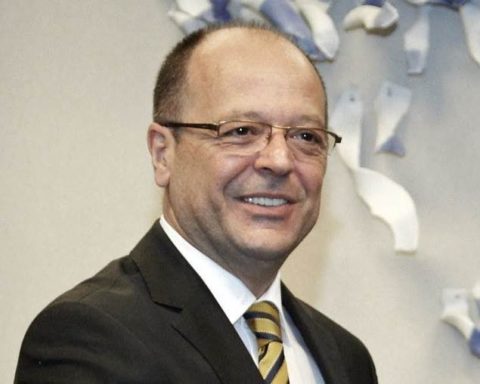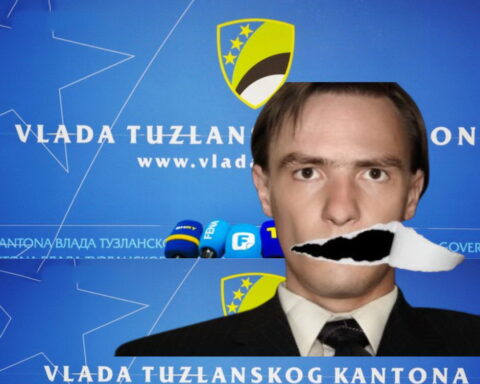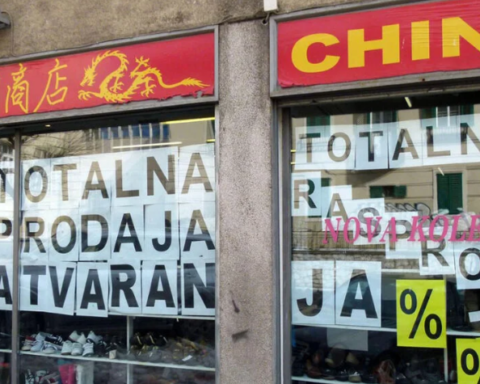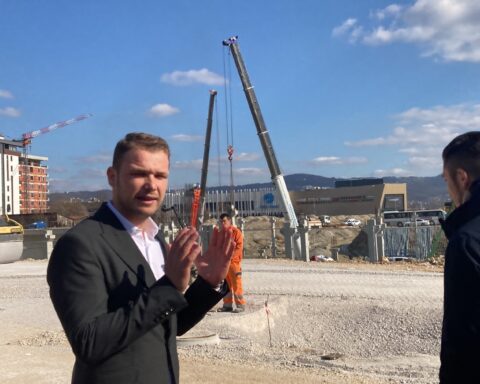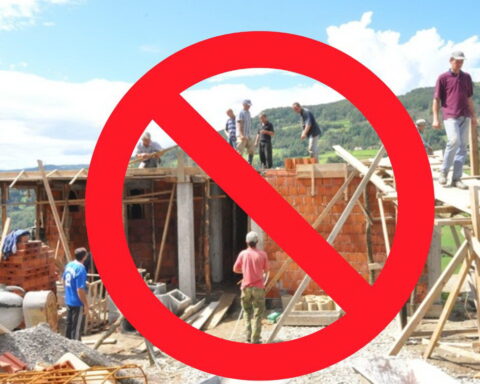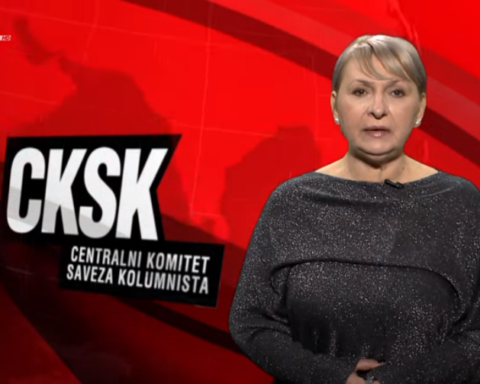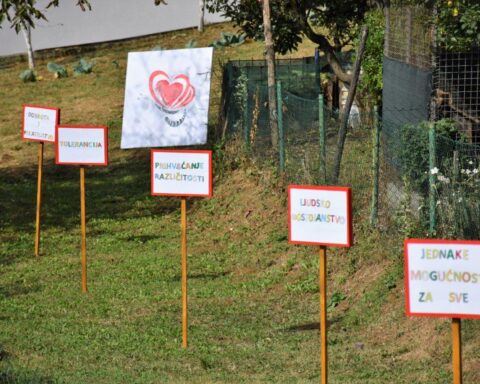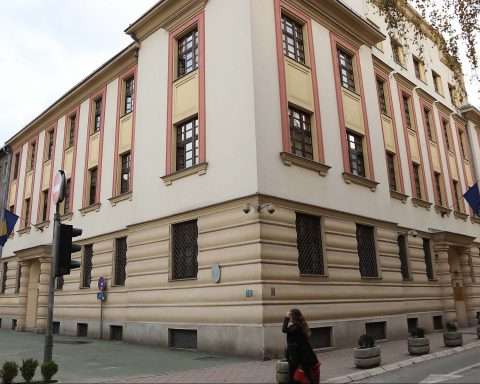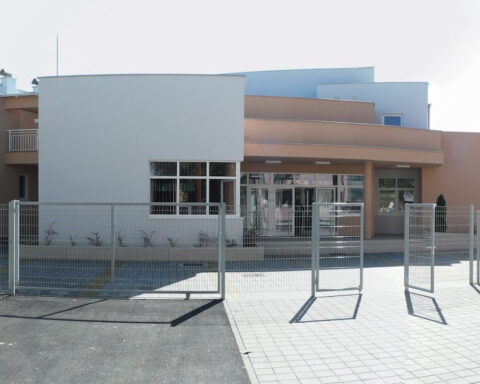Unhappy as much as intense, the reality of political disputes and misunderstandings, more heated and vulgar than polite and constructive, often brings us back to thinking about missed opportunities, mostly in the conditional – how it would all look now if we managed to qualify in the past fifteen years for BiH’s EU membership?
The countries of the Western Balkans, previously more often and rather described by geographical, but also political euphemism of „Southeast Europe“, determined their future in the process of integration into the European Union, and since 2003 the European perspective of the region has been documented, or officially, confirmed in Thessaloniki. The process was intensified at the beginning of negotiations on stabilization and association of all countries in the region, although not at the same time and with equal dynamics, but only Croatia successfully carried out negotiations and transition obligations and became a full member of the European Union ten years after the Thessaloniki agreement.
BiH leaders are watching over their power source
Critics of this expansion offer Croatia’s accession in their view as an example of joining a member with a favorite sign or with a strong hinterland of Germany, noting that this is probably the final chapter of enlargement in the Balkans. In this observation, they ‘forget’ to mention one, not very ‘insignificant’ circumstance – that Croatia was the first in its environment to successfully complete the cycle of state, legislative, administrative, and economic encirclement according to EU standards and fully qualify for EU membership.
Bosnia and Herzegovina formally began stabilization and association negotiations in November 2005, and practically in January 2006, when the first round of negotiations took place. This period was marked by strong public enthusiasm, but also by the readiness of political elites and institutions to carry out the EU integration process. Negotiations were concluded at the end of 2006, but even before the Stabilization and Association Agreement was signed, the EU launched a conditionality mechanism, first for the signing of the Agreement and then for each subsequent step in the “convergence” process.
This marked a framework of interaction, which for a decade and a half means constant simultaneous exhibitions of our lethargic regressions against the dynamism of conditioning by the EU.
The stagnation, but also the occasional complete mutual collapse in the rapprochement between the EU and BiH, in fact, led to a departure from the proclaimed and desired goal – the integration of BiH into the EU by gaining full membership.
The first group to lose enthusiasm for “European integration” under the pretext of the “intolerance of unrealistic demands and conditions” posed by the EU is the political elite, a relatively small circle of political leaders who, with their strong dominance over weak institutions, have informally but effectively and completely taken over levers and in the process of EU integration. At the moment when they felt the possibility of disrupting their sovereign power, they nullified all other actors and suppressed integration as the primary goal – numerous examples illustrate this, let’s just remember the Sejdic-Finci verdict and the endless tapeworm that prevents BiH from gaining candidate status.
Uneducated Balkan or selfish EU leaders? Behind this derogatory phrase, which often colloquially explains the stalemate in the EU integration of BiH, there is an unspoken but real interest in which both sides “defend” themselves from the progress in the accession process, each for their own reasons. While BiH leaders watch over their intact autarchic and anachronistic personal power and speak only rhetorically about their commitment to the European path, on the other hand, the EU also applies a “silent strategy” of distancing or discouraging a new candidate due to its own unwillingness to expand due to internal difficulties in its functioning. This is especially true of Bosnia and Herzegovina, which brings with it an unwanted dowry – unacceptably large problems, from identity, national, economic, and social, but primarily security problems and high risks.
At the same time, the expectations and optimism of the public in BiH are still on the side of integration, and surveys of public support in BiH for EU membership show a high percentage in favor of accession, despite years of stagnation.
What is it about?
The conditions that the EU imposes on each country – an aspirant to membership, suffer many and serious objections to the methods, content, justification, or excessive insistence or timing. But … the accession of any country to EU membership is by no means imposed by the EU but is a matter of free choice of the country that decides to integrate into that association. This imposes the obligation to voluntarily carry out deep and comprehensive reforms in order to achieve European norms and standards, primarily in the economic, legal, political, and institutional framework. The speed of steps towards each subsequent phase of EU accession also depends on the speed with which transitional reforms are carried out or on the hesitation, delay, unwillingness, or lack of intention to reform.
Whose will are we talking about?
The general public in BiH has clearly expressed expectations that EU integration will mean the final outcome of a decades-long socio-economic drama and the opening of a new horizon where new opportunities will provide more guarantees for employment, investment, dignified living, and break with the pattern of “mafia feudalism”. Although the knowledge or perceptions of the public that the EU is statistically or physically the largest investor in BiH or the largest trading partner are very relative or quite modest, the general notion that the EU can mean light at the end of the tunnel is still very strong. Even when it is said that the EU is by no means an ideal framework for BiH, the statement remains that it is still the most certain and highly desired as an alternative to the reality that has humiliated and exhausted us. In this sense, it is possible to speak of the general interest or “social capital” of a strong commitment of the public in BiH – still, for EU membership.
Statistically expressed high level of public support for the process of rapprochement and integration into the EU, is an indicator of the will to adopt “European values” and expectations of a real and visible strategic and long-term goal of importance to society called social capital, which means to move towards that goal.
If we are talking about the will in the domain of political decision-making and action, then the question arises whose will are we talking about? Is it about the will of the social community, some categories of the wider population, or about the will of the political elite – political parties or groups of individuals who hold absolute power in BiH in their hands? It is clear that this is an oligarchy, a very small group that manages everything in BiH, even everyone. Aversion to conditioning integration with political and reform demands set by the EU, political representatives in RS and BiH disguise the loss of vital national substance, but in essence, it is something else – the complete unwillingness of all political oligarchy to make concessions or loss of monopoly privilege for the total rule of all segments, such as society, economy and business benefits for their own limited circle.
Generational error
The primary national interest that recognizes and describes social capital in the attitude, hopes, and expectations of the public, the political ruling oligarchy with its matrix of care for the public interest converts into the primacy of the nationalist position, each in its own ‘camp’. Thus, the essential norms, strategies, and values of the social community in a distorted projection turn from the external goal to the internal one: the stable power of each oligarch in his community is more important than some imaginary and incomprehensible collective interest of the whole nation. A fresh example of that kind of optimism was offered by Milorad Dodik in a recent media comment that Republika Srpska will gain EU membership in three years if it becomes independent.
By all premises of conducting negotiations, the existence of a backup or good alternative complicates the negotiations or delays the achievement of the final goal. Does BiH have a backup or a good alternative? Or is integration into the EU, just like the other proclaimed goals of our rulers, just a “pro-social” combination that builds the backdrop for pre-election rhetoric that is always recycled and “burned?”
If the beginning of negotiations in 2005 described the need for a generational alliance to achieve the long-term goal of BiH’s EU integration, we recognize today’s stage as a generational mistake – an effect of the period of the past fifteen years of lost time for EU integration.
We did not miss this opportunity, to miss the opportunity.

